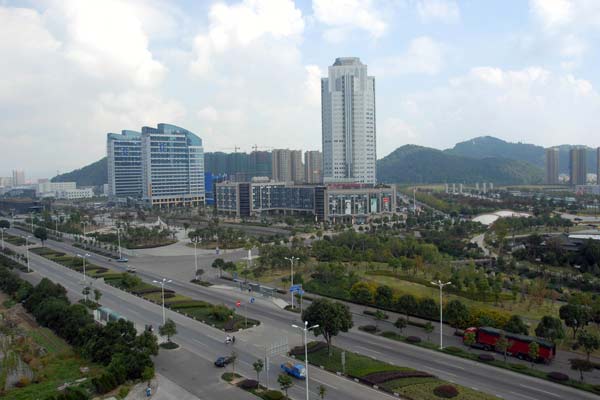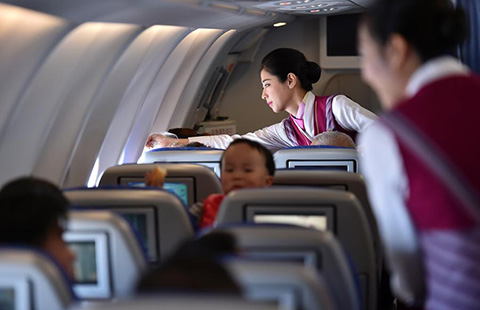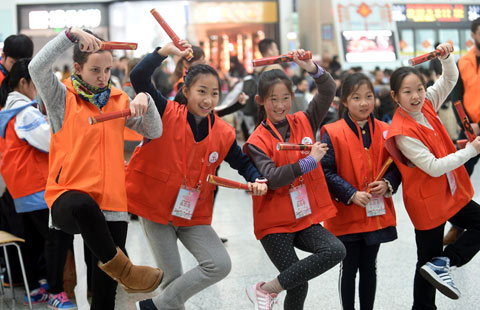Call for more realistic fiscal budgets, powers
|
 |
|
The scenery of Taizhou city, Zhejiang province. According to the city's budget last year, basic public spending was 10.37 billion yuan ($1.67 billion), which meant just 300 million yuan was left for the city's contingent use. Wang Huabin / For China Daily |
Local governments need to be given fiscal powers commensurate with their spending responsibilities, a group of mayors from Zhejiang province have said.
During a panel discussion, held by the Zhejiang delegation to the National People's Congress, Wu Weirong, the mayor of Taizhou, outlined his city's fiscal budget for last year.
Taizhou, a relatively rich prefecture-level city, collected 17.6 billion yuan ($2.83 billion) of tax. It had to give 7.8 billion yuan to higher government. The remainder, combined with the taxes it received from the provincial government, reached 10.67 billion yuan.
But according to the city's budget, basic public spending was 10.37 billion yuan, which meant just 300 million yuan was left for the city's use.
Wu estimated that investment spending should be at least 3.2 billion yuan, and so the gap was filled by fiscal debt.
"In recent years, the central government has rolled out a series of policies aimed at improving the public's livelihood. And they are popular with the public," Wu said.
"But most of the policies were paid for by local government, and we face increasing pressure."
The financial grievances outlined in Wu's speech were echoed by many of his fellow mayors.
Shen Renkang, the mayor of Quzhou, a relatively poor city in the center of Zhejiang, said its economy had fallen behind many in the province.
Its per capita GDP is alongside those of many western cities, but under the current tax transfer system, it receives far less fiscal support than its counterparts.
Related Readings
New finance chief 'to speed up fiscal reform'.
China's fiscal policy over past 5 years
China's fiscal revenue grows slower in first two months
Tax distribution reform is better than raising taxes
















